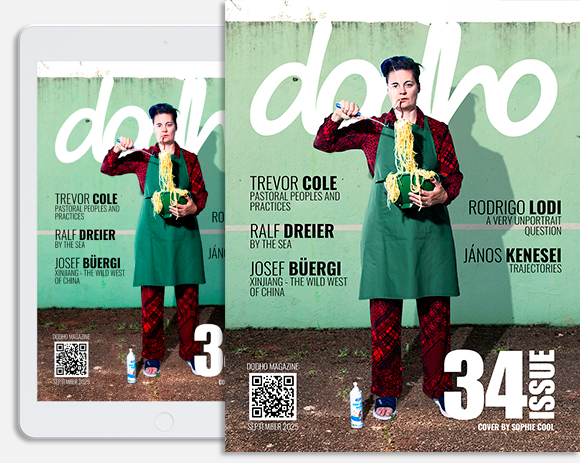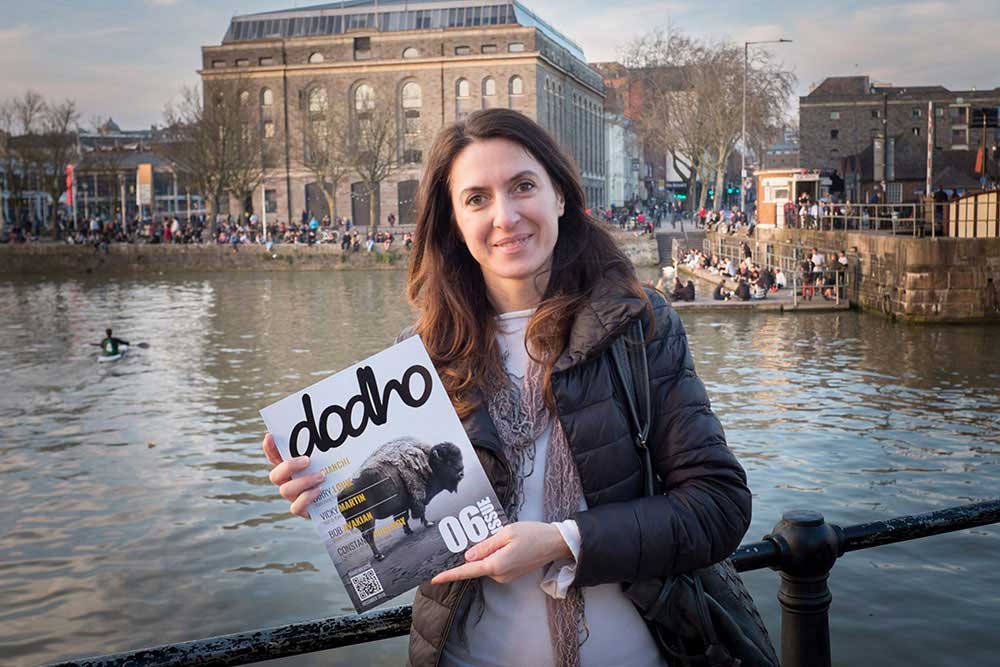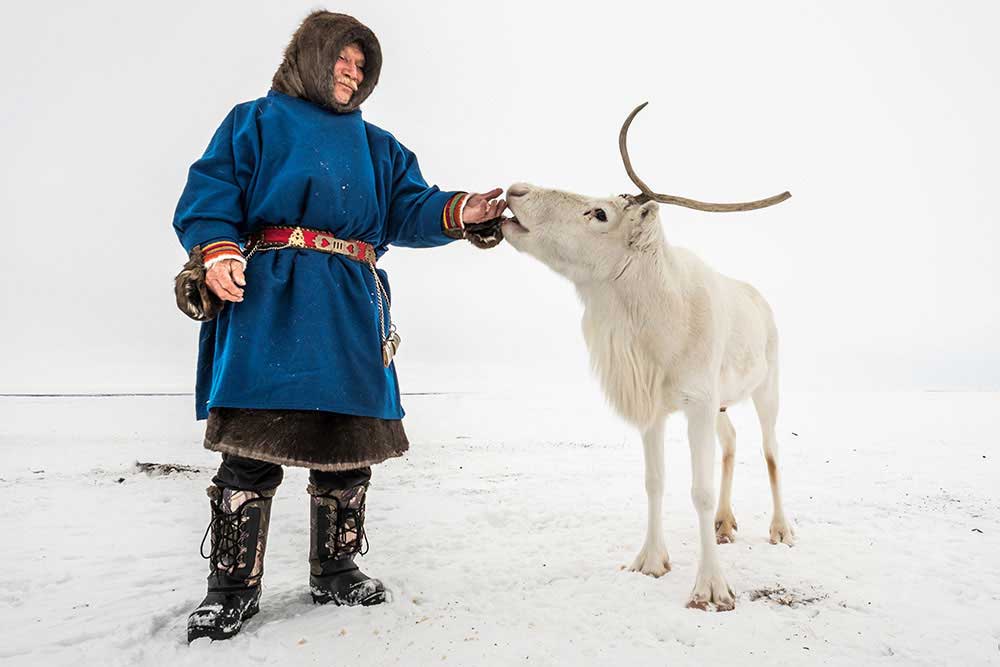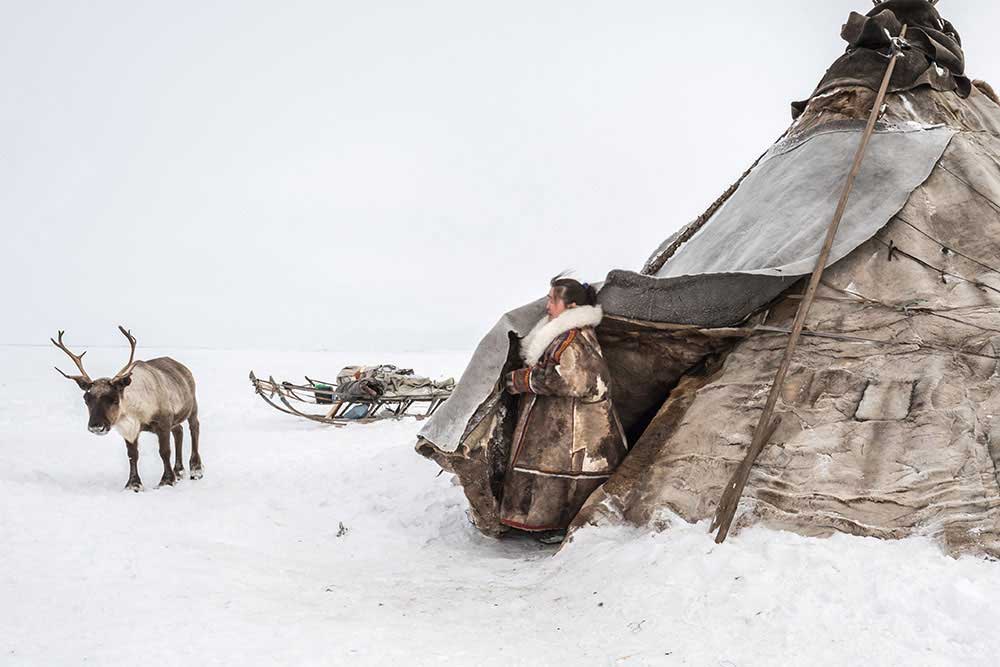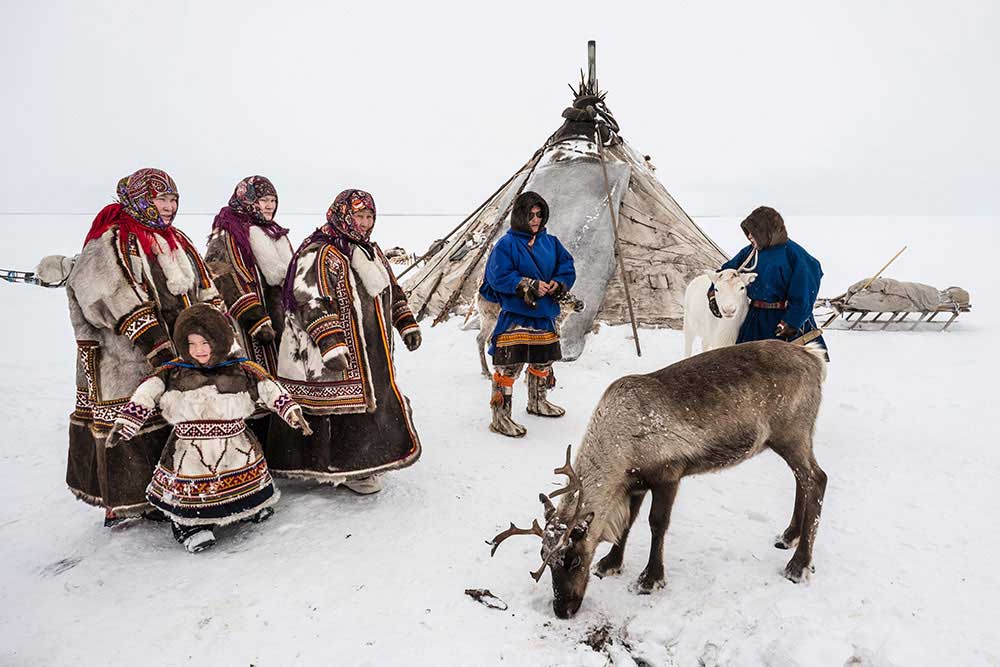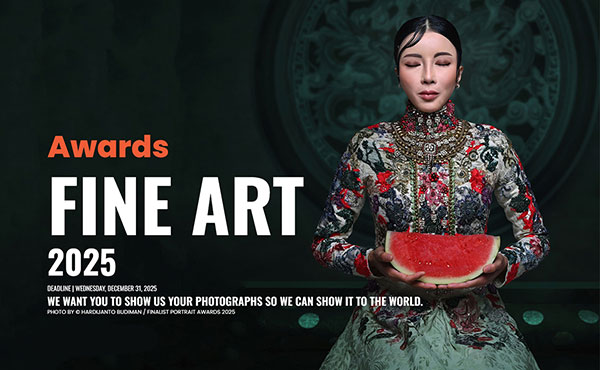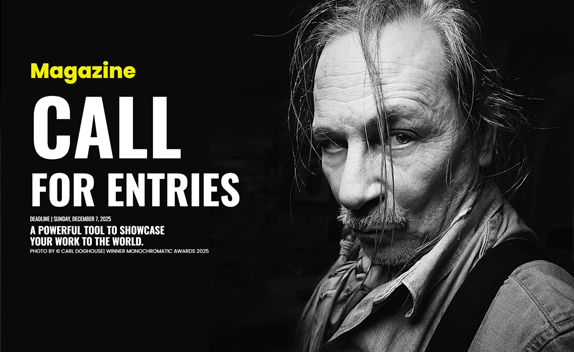Born in Italy in 1973, I have always been passionate about travel and photography. I love discovering new places and, above all, knowing the ways of life of people a bit far from my lifestyles.
Every time I go to a place, I try to interact as much as possible with the subjects portrayed in order to obtain photos that tell the story of the people who shared with me a few moments of their lives. During the years, I have held many personal and group’s photo exhibitions. Several of my photos won prizes and received placements in national and international photo contests. My next challenge is to turn my passion in a job. [Print Version] [Digital Version]
Can you tell us a little about yourself?
I live in a small town in Bergamo province, in the north of Italy. I am an employee but since I was young I was fascinated from the remote lands, reading a lot about remote expeditions and different cultures. I love every kind of art works and every time I can, I go to see exhibitions.
How did you get interested in photography?
Watching photographic books I discovered a lot of amazing photographers and I starting to study their lives. I dreamed to growing up and travel around the world like them, exploring every corner of the planet. I start my photographic passion taking B&W photography, developing my films by myself in the darkroom. It was simply exciting to see my pictures becoming real!
What inspired you take your “The Nenets” project?
I know about the Nenets reading “Genesi” the book of Salgado. I promise to myself to go there, sooner or later. Last April the dream became true and I had the chance to stay for one week with a nomadic family, living, eating, sleeping in the way they use to do. Doing that I desired to bring back with me that experience and to share it with other people. Many of my friends have never known about Nenets people.
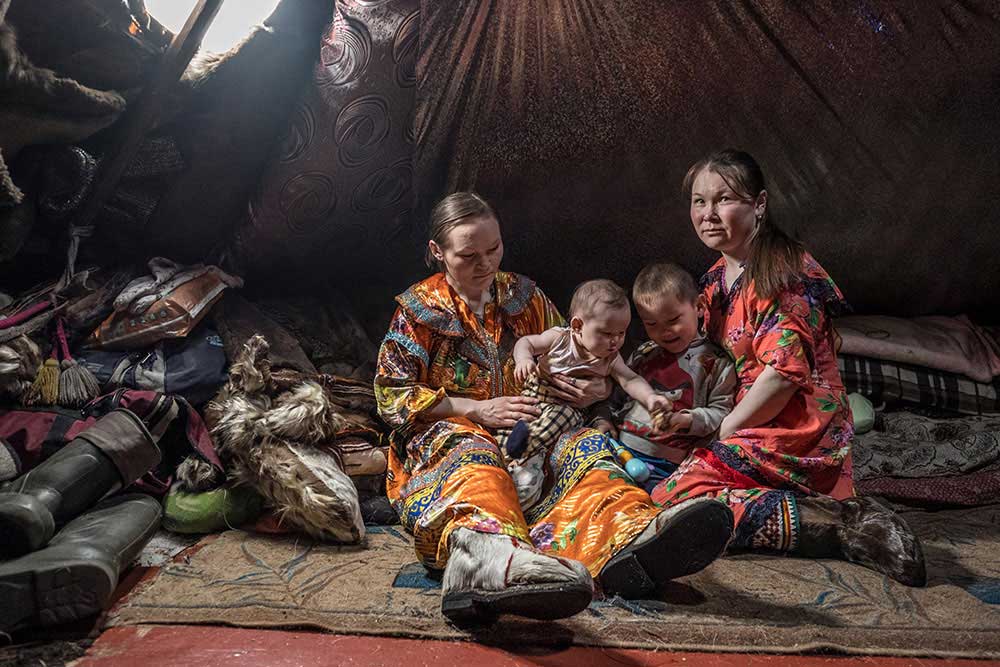
How would you define your general style photography?
My photographic style is about reportage and documentary. I have learned from the “bigs” how to get into the frame and to go closer to the scene.
Could you please tell us anything about your technique and creating process?
I don’t call myself a technician. I focus on the feeling I get when I face a situation or when I meet a person. I don’t like to spend lot of time in post-producing an image. I only regulate some lights and contrast, not more than this. For some particular projects I digitally turn my pictures from colour to black and white trying to give an especial mood to the whole project.
In your opinion, what makes a good Fine art Photography
I think that a documentary project has to reflect the reality of the things and must be the more impartial possible.
How much preparation do you put into taking a photography?
I use to collect as much information as possible in preparation of the project I’ll have to work on.
What do you think makes a memorable project?
How do you know you got the shot you wanted?
Doing a long preparation work, I have already the idea of how is the final result. Despite that, sometimes I start a project taking inspiration from a picture I mostly like.
Your idea of the perfect composition?
Hundreds of books about composition have been written but when a picture is well balanced there is something magic that it’s hard to explain at words.
What would iI find in your Camera Bag?
How important is an awesome website for your business and how has social media played a role in your photography?
A website is very important for a photographer because it helps to split quickly the work and bring yourself around the world getting in touch with other photographers and sharing different ideas of image.
What future plans do you have? What projects would you like to accomplish?
Living with the nenets I understand how it’s hard to live a nomadic life. That’s why I decided to photograph nomadic people from different country in order to create a wide anthropological project.


